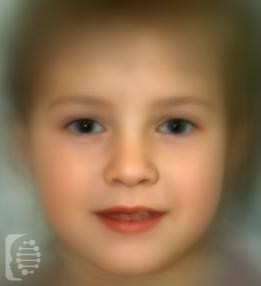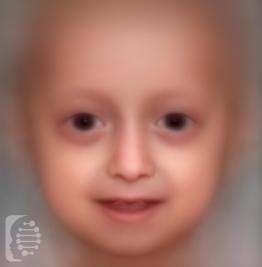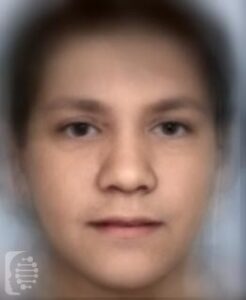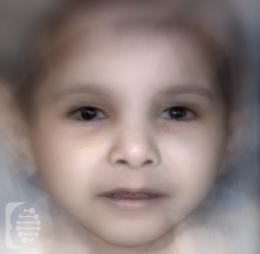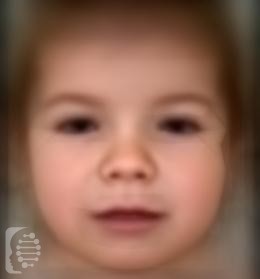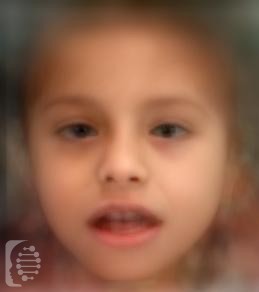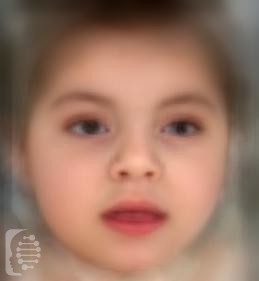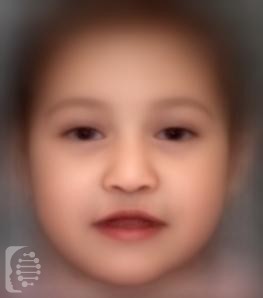
Holoprosencephaly
Holoprosencephaly is a rare brain abnormality in which the brain fails to divide into the right and left hemispheres, as it should. There are four types of the syndrome, identified by the severity of the abnormality. The more severe the brain abnormality, generally the more severe the unique facial features and symptoms will be. Some […]



